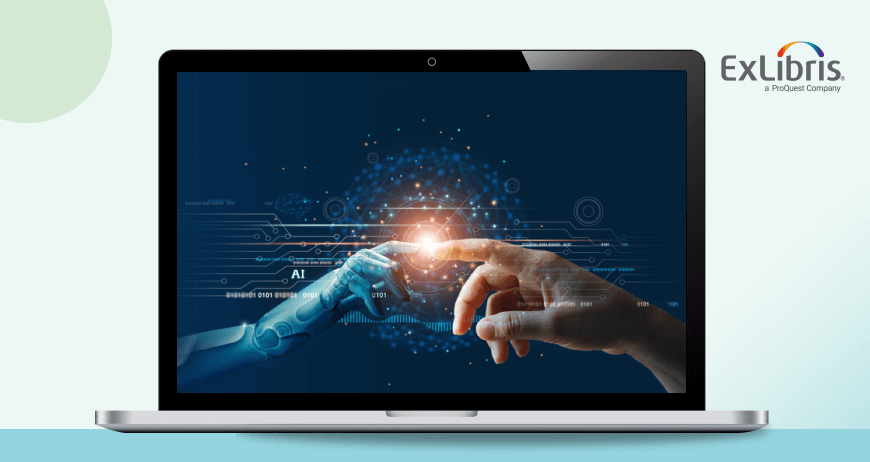We have all seen how changing technologies can lead – unintentionally and over time – to compounded inefficiencies in managing digital and electronic resources. That is what happened at Boston University, with its 15 schools and nearly two million electronic resources, just a few years ago.
The library staff was working with a homegrown system for electronic journals, a remotely managed DSpace repository for original research documents by university students and faculty, and yet another storage system for digital images and music. In addition, the descriptive metadata for the DSpace items was not synchronized with the data for the physical assets, and the electronic hardware for storing digital images and music was reaching the end of life. For the university’s print materials stored off-site, meanwhile, retrieval costs were becoming quite high. The system had become both cumbersome and backlogged.
So, with a combination of frustration and foresight, the librarians developed a set of criteria for introducing some much-needed disruptive change:
- Simplify
- Streamline
- Introduce resource coherence
- Create a more interactive experience for students and faculty
In addition, in order to measure the actual effects of what they wanted to introduce, the library staff sought out analytic tools that would provide actionable feedback.
With these prerequisites in mind, they decided to implement Ex Libris’ Alma library management solution. As it uses a single system for managing digital objects in both third-party and local systems, all course reserves are managed and stored with a common bibliographic record and digital representation.
New Alma-based workflows and organizational structures introduced the systemic coherence they were looking for, which improved search capabilities and streamlined accessibility, as well as simplifying maintenance of digital representations of public domain publications.
For Boston University libraries, centralizing and simplifying resource management increased efficiency, reduced university expenses, and cut down on costly retrieval requests.
According to Jack Ammerman, Associate University Librarian for Digital Initiatives and Open Access at Boston University, “We are now doing things that would have been difficult or impossible with our previous system.”
Digital Librarianship: What’s Next?
Clearly, creating, maintaining and managing electronic records and digital assets is becoming consistently more and more critical in academic librarianship. Major universities will also be able to more easily and regularly share their resources through such initiatives as the Open Content Alliance (OCA), a global collaborative effort to build a permanent archive of multilingual digitized text and multimedia material.
In fact, peering further into the future, physical resources will have a progressively smaller footprint at major research libraries. Print assets are being digitized rapidly and new media collections are expanding with each advance in modern technology. This indicates that the focus of academic research will continue to shift to digital scholarship, with an emphasis on data mining, analysis, and synthesis.
In the meantime, even as the library stacks continue to serve an important role, academic librarians need to be considering solutions for digital challenges we can only currently imagine.
You might also be interested in

Alma
Community
February 12, 2025 |
5 min read
A User-Centric Redesign Journey: Purchase Order Lines Management UX in Alma

Alma
January 26, 2025 |
4 min read
The Importance of Year-End Statistical Usage Reporting for Libraries

Alma
Content
December 29, 2024 |
4 min read
Shaping the Future of Content and Metadata Management
Great library experiences start with software
Download whitepaper

Alma
December 19, 2024 |
5 min read
Enhancing Library Management: UX Improvements in Alma

Alma
Content
Primo
Artificial Intelligence
December 18, 2024 |
4 min read
Artificial Intelligence Blog Series: Harnessing Academic AI – Insights from Clarivate

Alma
Content
November 17, 2024 |
3 min read
Ex Libris Innovates Bibliographic Record Management with AI-Powered Enrichment

Alma
Leganto
Primo
Artificial Intelligence
October 26, 2024 |
3 min read
Artificial Intelligence Blog Series: Meet Knowledge Assistant, Your Guide to the Ex Libris Knowledge Center

Alma
Leganto
Rapido
Rialto
Higher Education
October 14, 2024 |
5 min read
How academic library software can create a bold future

